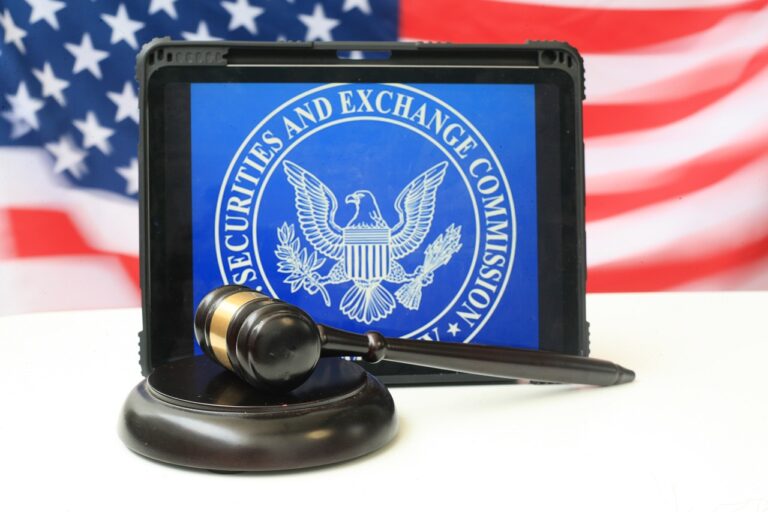Coinbase is urging the court to grant an interlocutory appeal in its ongoing legal battle with the U.S. Securities and Exchange Commission (SEC), following a similar appeal recently filed by the agency in its case against Ripple, according to a report by Zack Abrams for The Block. The crypto exchange has requested that Judge Katherine Polk Failla, who is presiding over the case, approve the appeal before the case is fully resolved.
An interlocutory appeal refers to a legal procedure that allows a party in an ongoing case to request a higher court’s review of a lower court’s ruling before the entire case has reached a final verdict. Normally, appeals are only permitted after the conclusion of a case, but interlocutory appeals are an exception that apply to rulings made on specific issues during the litigation process. These are usually granted when the lower court’s decision could have a significant impact on the outcome of the trial, or if waiting for a final judgment might cause one party serious and irreparable harm.
For example, interlocutory appeals might be used to challenge rulings on matters such as the admissibility of evidence, decisions regarding jurisdiction, or other key procedural issues that could shape the direction of the case. Because allowing appeals during an ongoing trial can interrupt the legal process, not every decision is eligible for interlocutory appeal. In many cases, permission from the lower court or an appellate court is required, and the appealing party must show that the issue at hand is urgent enough to warrant immediate review.
The main goal of an interlocutory appeal is to prevent potential errors that could seriously affect the fairness of the trial or the rights of the parties involved. However, courts typically weigh the need to resolve disputes efficiently and avoid unnecessary delays against the importance of the issue being appealed. As a result, these types of appeals are often granted only in exceptional cases.
Coinbase initially filed for the interlocutory appeal in April 2024, aiming to have the Second Circuit of Appeals review a critical question: how the Howey Test—a legal standard set by the Supreme Court in 1946 to determine what qualifies as a security—applies to digital assets. Coinbase’s lawyers highlighted the complexity and contentiousness of this issue, noting that opinions are divided among lawmakers, regulatory bodies, and courts.
Despite the SEC’s opposition to the request, which the agency argued had “no substantial ground for difference of opinion,” Judge Failla has yet to make a ruling. However, Coinbase is pushing the court to reconsider its motion in light of the SEC’s recent appeal in the Ripple case, which also involves questions about the Howey Test’s application to digital assets.
Coinbase believes that having both cases presented to the Second Circuit at the same time could provide the court with a comprehensive view of the SEC’s legal stance. A Coinbase spokesperson expressed confidence in their position, stating that “allowing the Second Circuit to have as complete a picture as possible will be important as it considers how Howey applies to secondary market transactions.”
Crypto legal expert James “MetaLawMan” Murphy described Coinbase’s renewed appeal request as a “smart move,” pointing out that the SEC’s actions in the Ripple case add weight to Coinbase’s argument.
Featured Image via Pixabay









